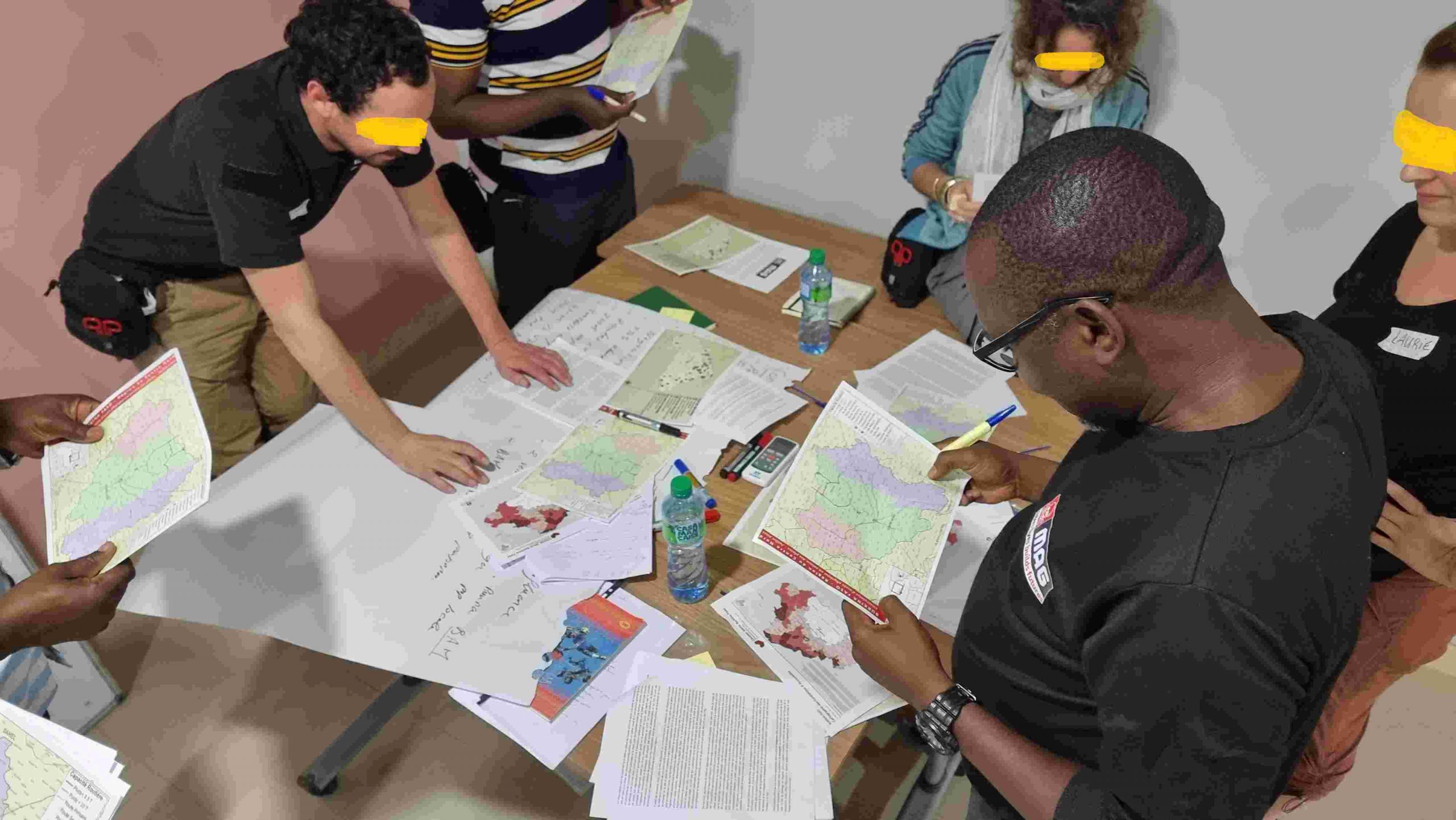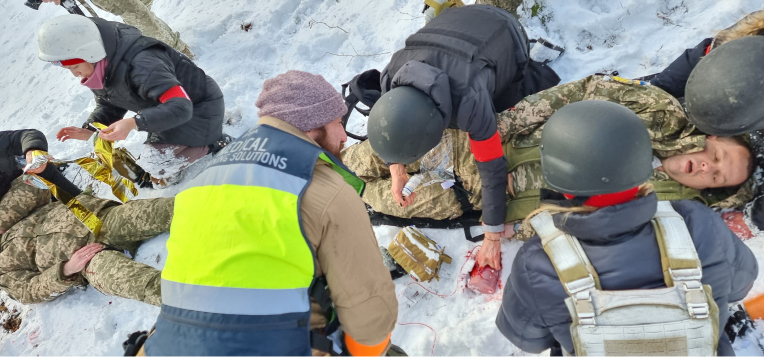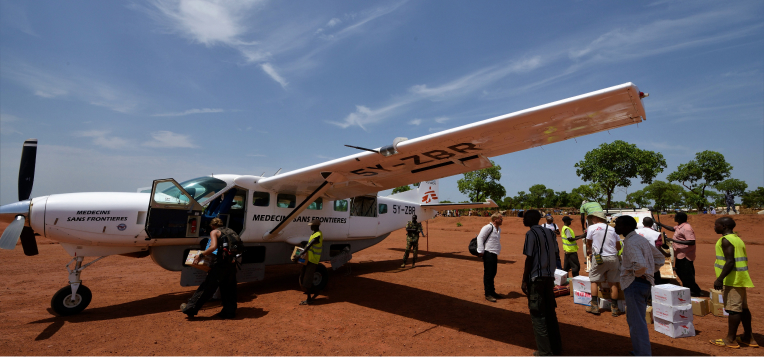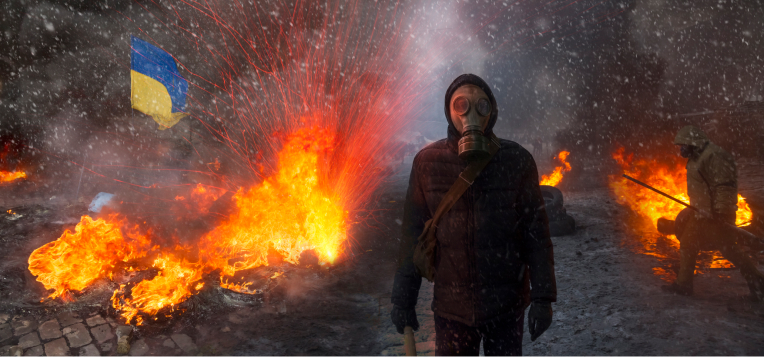
About the training
Our three-day Advanced Security Management course enables humanitarian organizations and news agencies to train managers and middle managers in effective and efficient security management. Through on-site training, simulations, case studies and practical exercises, this course develops middle managers' and field managers' understanding of security management tools and procedures. INGOs and news agencies face multiple challenges in safeguarding and improving the safety of their workers operating in hostile and precarious environments. This requires a safety-focused approach from the earliest stages of the program.
Main objectives
- Learn about the main trends in crisis management and how to deal with them
- Discover the best practices adopted by organizations to deal with crises
- Discover how to leverage agile team structures to successfully manage a crisis
- Learn how to communicate effectively and build trust
- Create a crisis response plan for your organization
Methodology
Our methodology leads to the improvement of professional knowledge and skills, both individually and collectively, while giving participants the skills to respond to emerging challenges and adapt their safety strategies and protocols. Training combines specific case studies, exercises and program management simulations.
What will you learn?
Safety principles and management framework
- Principles of humanitarian security
- Duty of care standards - legal and ethical dimensions
- Security and safety framework
- Integrating security management into the project cycle
- Security strategies and current challenges faced by aid organizations in integrating their environments
Security management for a humanitarian mission
- Context assessment and stakeholder mapping
- Risk analysis
- Security planning
- Preparing a security management budget - How to approach donors?
- Standard operating procedures and contingency planning
- Movement and travel management
- Information management
- How to prepare safety training for your staff
- How to report and diagnose incidents
- How to carry out an internal security diagnosis
- Crisis management
Boost your career
Follow theoretical and practical course modules enriched by current feedback from the field.Consultant testimonies
I had low expectations for this HEAT training with SAHCO Consulting. I think it's one of the most useful courses I've attended, and it covered more topics than I expected. In addition, I was expecting not to be able to get fully involved in the simulations, or to be too anxious. On the contrary, the instructors and actors made the training very realistic, and many of the simulations took me out of my comfort zone, but never to the point where I couldn't handle it.
Gulfidan
Program manager
SAHCO Consulting's trainings and instructors are very professional and relevant to our work as humanitarian workers; I liked the fact that the instructors did not have military experience, but were senior humanitarian staff with years of experience in complex humanitarian environments and crises; I felt that I was understood in terms of the mentality and challenges we face in the field.
Eleonora
Gbv/cp program manager
I had the opportunity to attend a HEAT session delivered by Sahco Consulting, with whom we work in West Africa. The training is really adapted to humanitarian actors thanks to an approach based on our principles. This HEAT is well-balanced in the intensity of the learning exercises, and realistic in the scenarios and simulations of incidents we may encounter in the field. The trainers are professional, technically and humanitarian experienced, pedagogical, and flexible on the content of the training, allowing us to focus on the aspects we need to work on. All this in an excellent atmosphere of open collaboration.
Romain
Regional security manager
Indeed, this training course was very rich from the outset, with its very special teaching methodology, a perfect blend of practice and very realistic simulations; hats off to the trainers who were simply excellent. This training remains indispensable for us humanitarians living and working in hostile zones with volatile security situations. This training is beneficial on a personal, professional and even community level.
Benoit
Human rights activist




